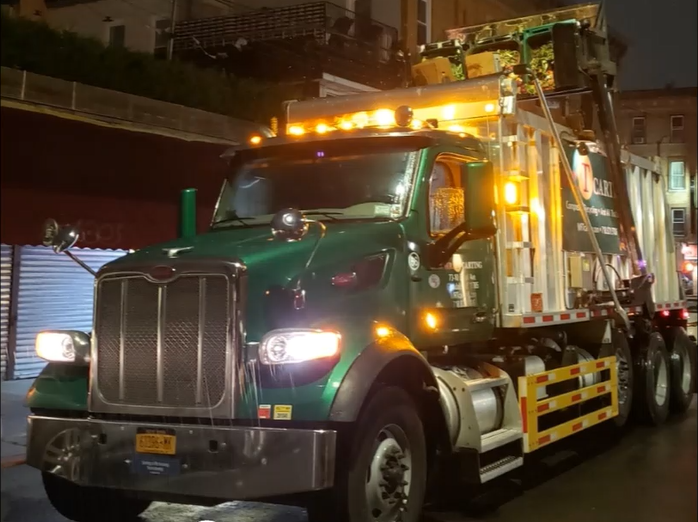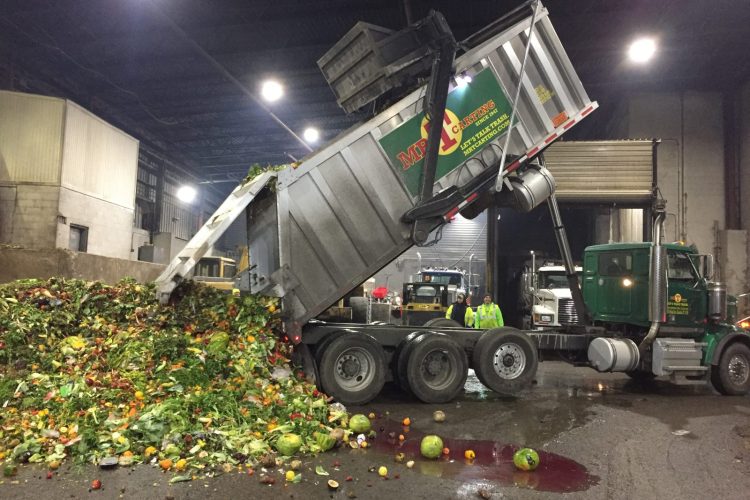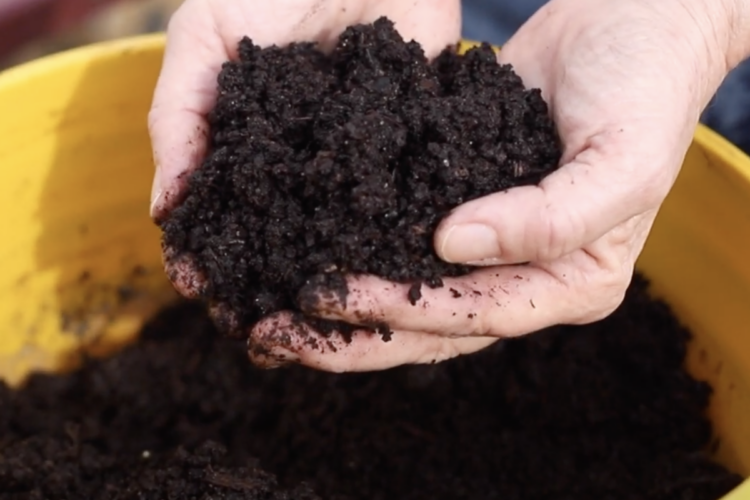Adam Mitchell, Resource Management and Business Development
Mr. T Carting has been operating organics collection routes for over 20 years. We are frequently asked: where does it go? Below, we’ll break down the steps your food waste goes through, from discard to a reusable product.

1 – Separation
The process starts with you. Keeping your food waste separate from your trash reduces contamination. Mixing non-organic material with your food waste reduces the efficiency of the process, and if enough contaminants are added, it forces us to send the material to a landfill. Separating your waste is the most important step in this process!

2 – Collection
After you set out your food waste for collection, our drivers loads the organic waste into a dedicated truck using a remote-controlled lift. Food waste is heavy, and our semi-automated loading system helps the drivers move the material in large quantities with a reduced risk of injury. Drivers pick up organics for an average of 60 customers a night, so safety is important!

3 – Transfer to Hi-Tech
Drivers end their routes at Hi-Tech Resource Recovery, our putrescible waste transfer station in north Brooklyn. The food waste is visually inspected, and any egregious contamination is removed. Once we’ve collected enough food waste, it’s loaded into a tractor trailer and brought to New Jersey, to be processed at our partner facility Trenton Biogas.

4 – Transformation at Trenton BioGas
Trenton Biogas uses a process called anaerobic digestion to convert organic waste into premium compost, organic fertilizer, and renewable biogas. Plastic packaging and contaminants are removed through a series of mechanical processes.

5 – Reuse
The finished premium compost and organic fertilizer is sold to landscapers, while the renewable biogas is used on-site to produce electricity that powers the facility and contributes renewable energy to the grid. Every year, this process diverts 110,000 tons of organic material from being trapped in landfills or burned, preventing 480,000 tons of CO2 from entering the atmosphere.
Mr. T Carting Corporation, 73-10 Edsall Ave, Glendale, NY 11385, BIC # 173
To learn more about Mr. T Carting’s Services, please visit us online at www.MrTCarting.com, email us at CustomerService@MrTCarting.com, or call us at (718) 821-9706.
Mr. T Carting Corporation, 73-10 Edsall Ave, Glendale, NY 11385, BIC # 173
